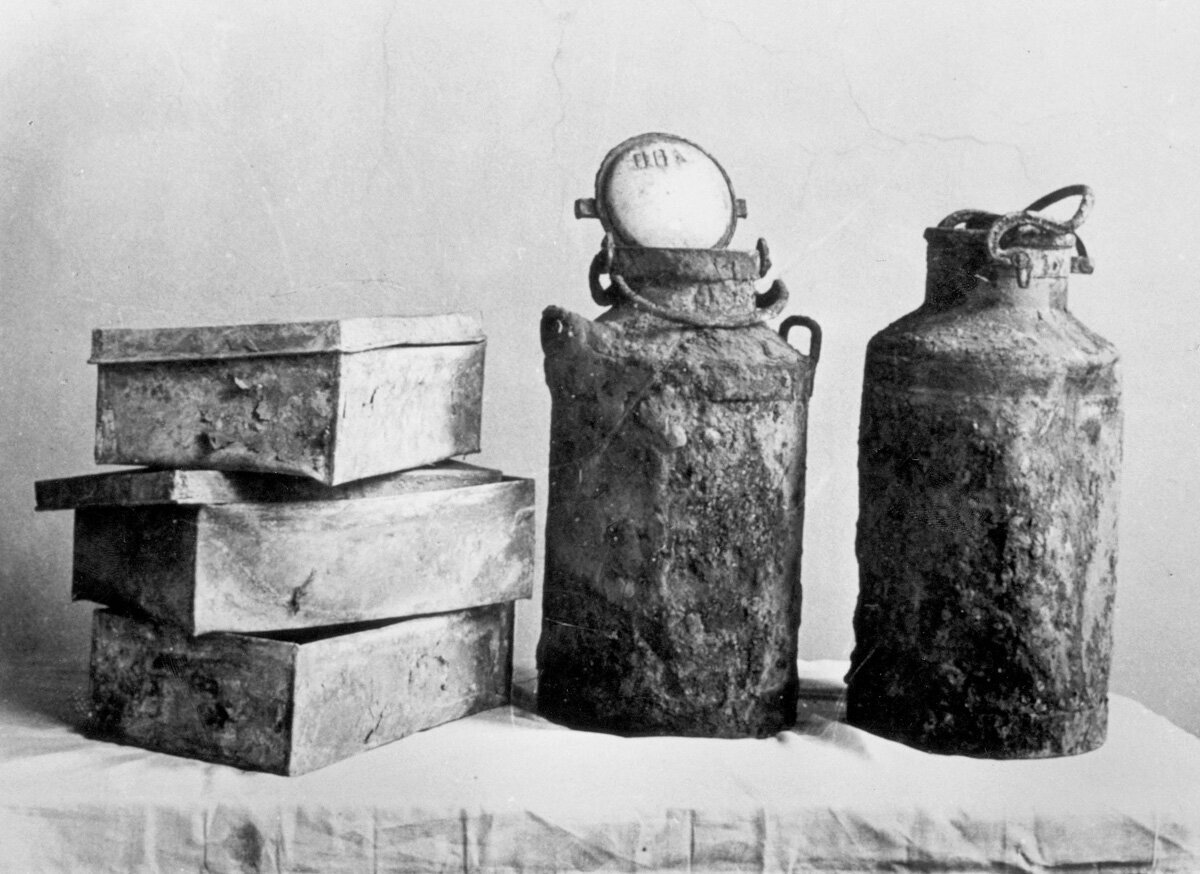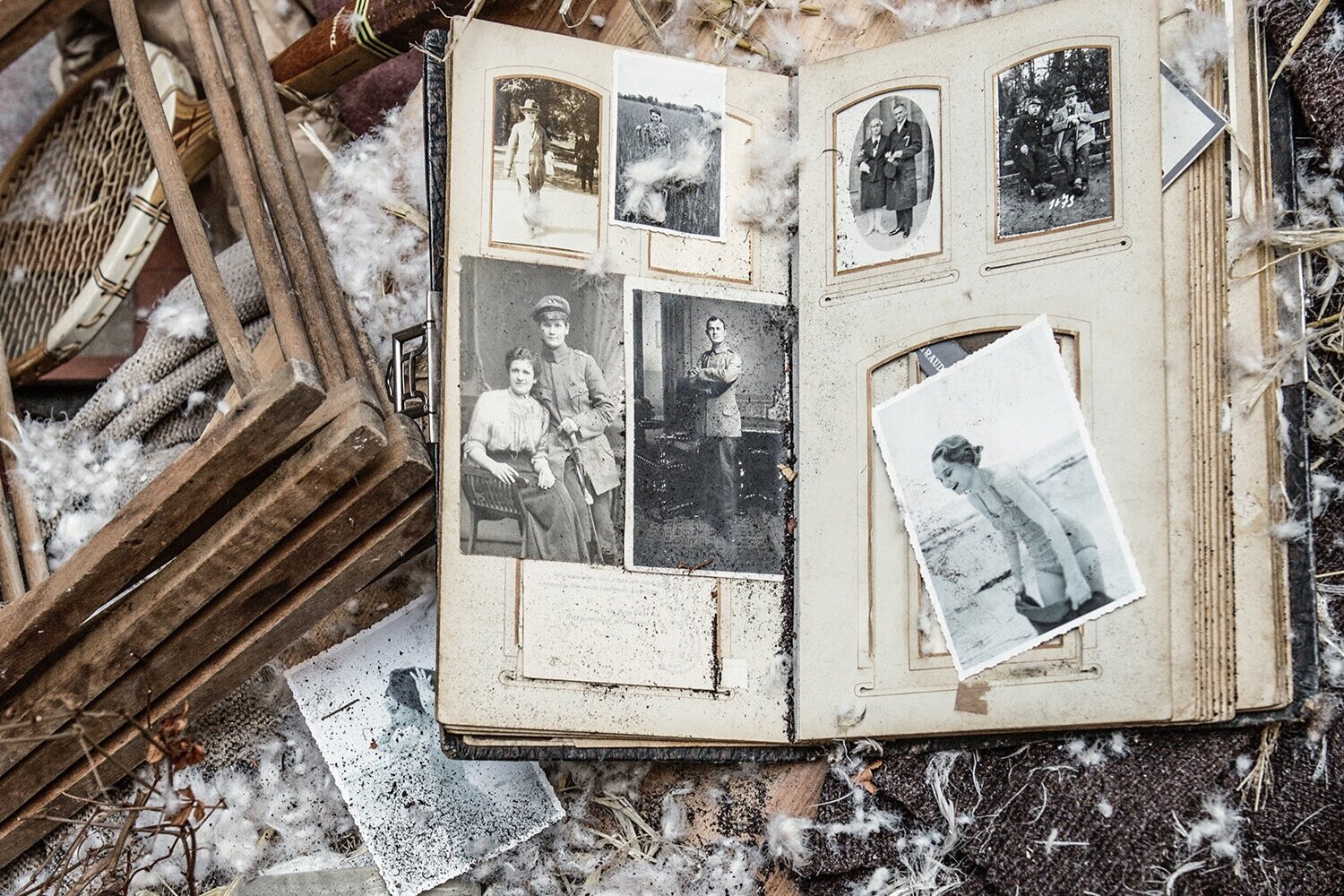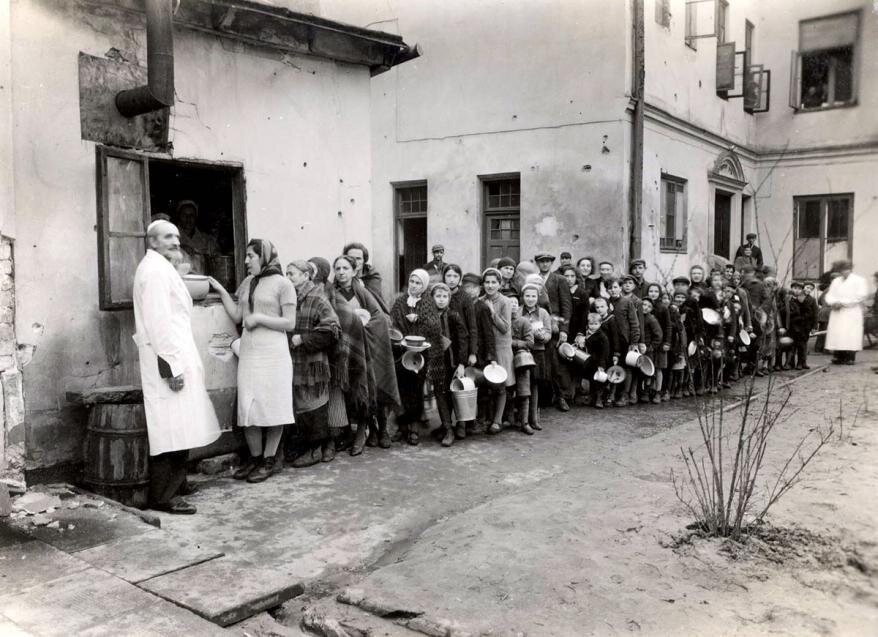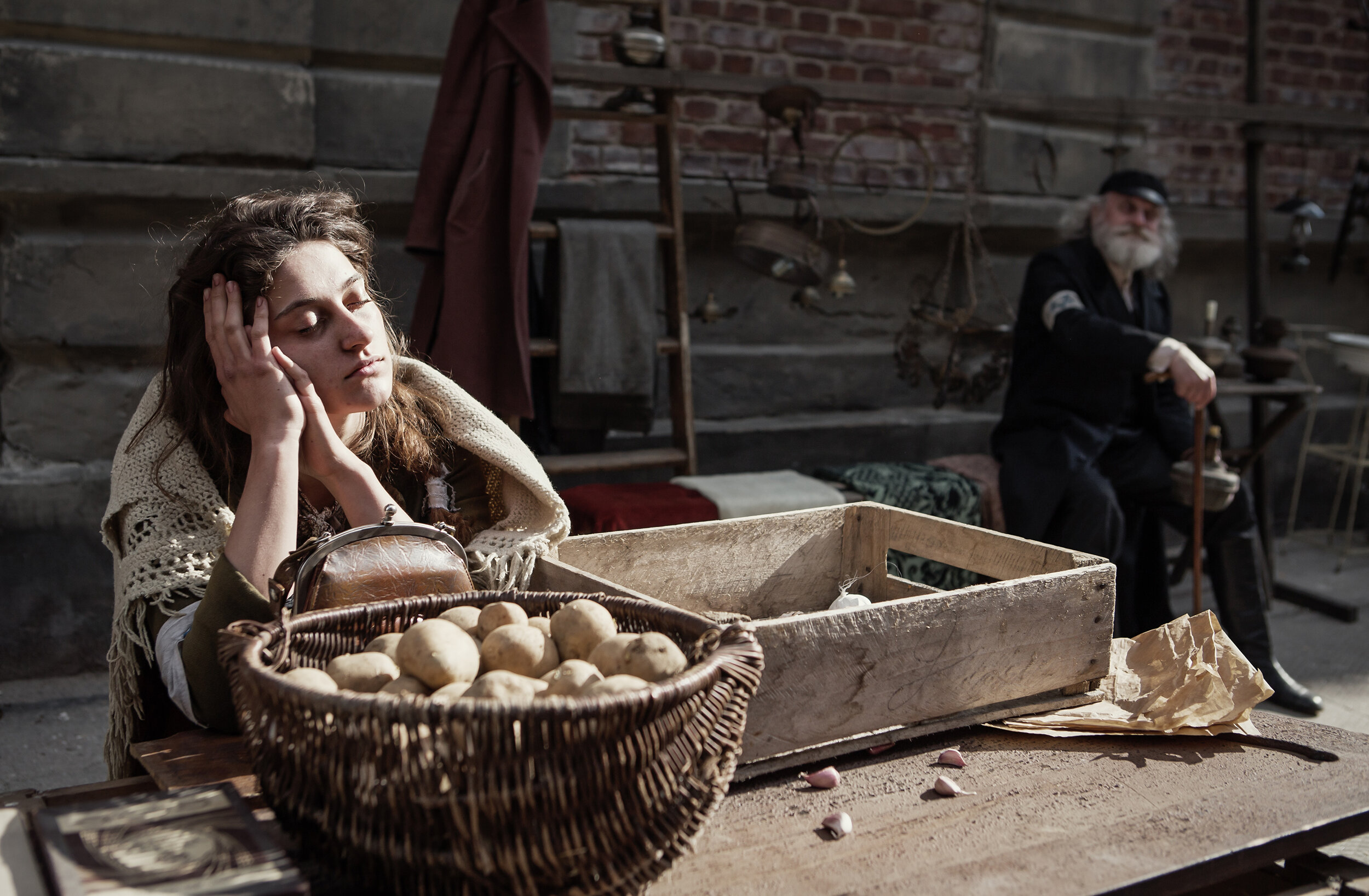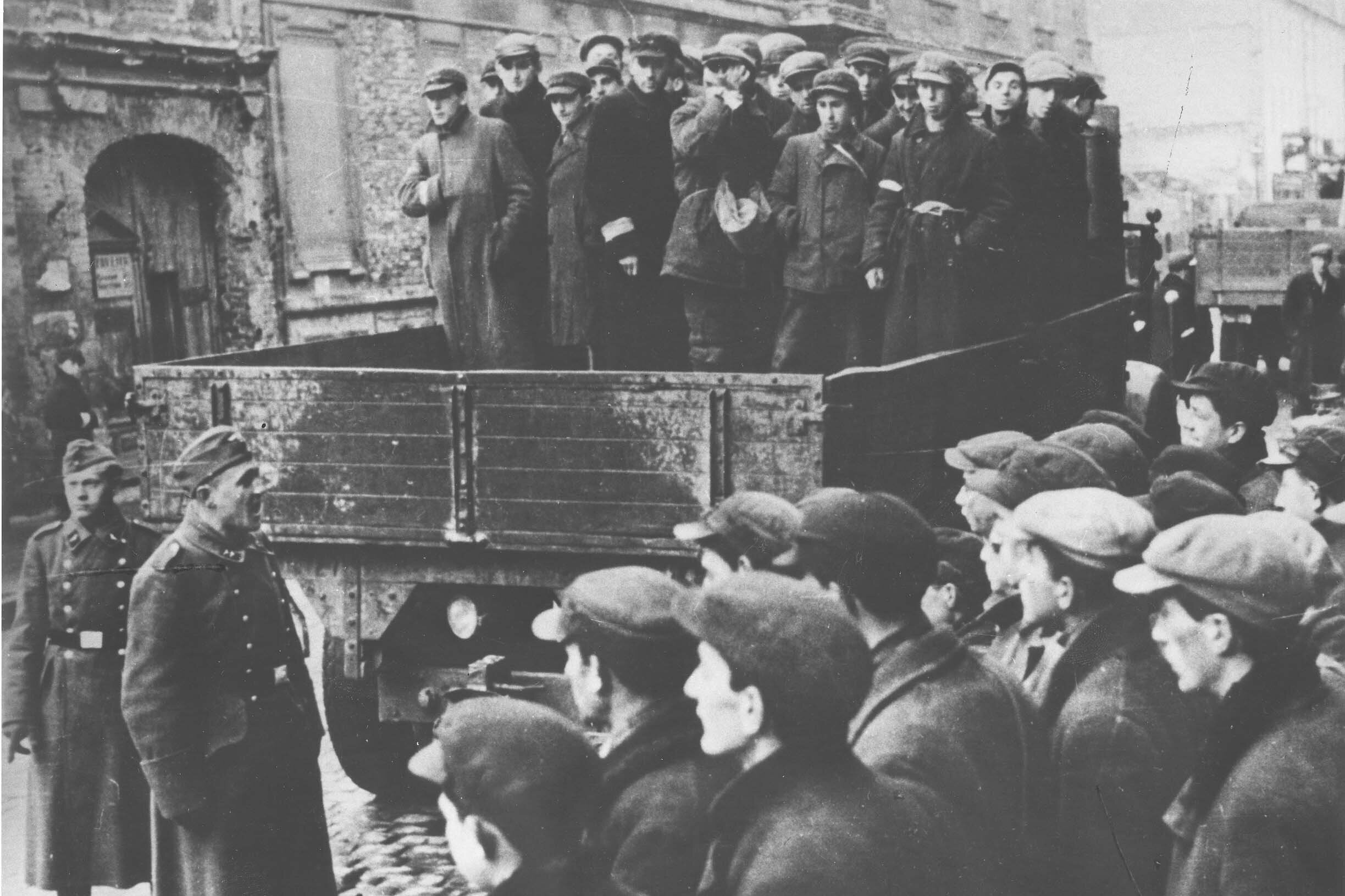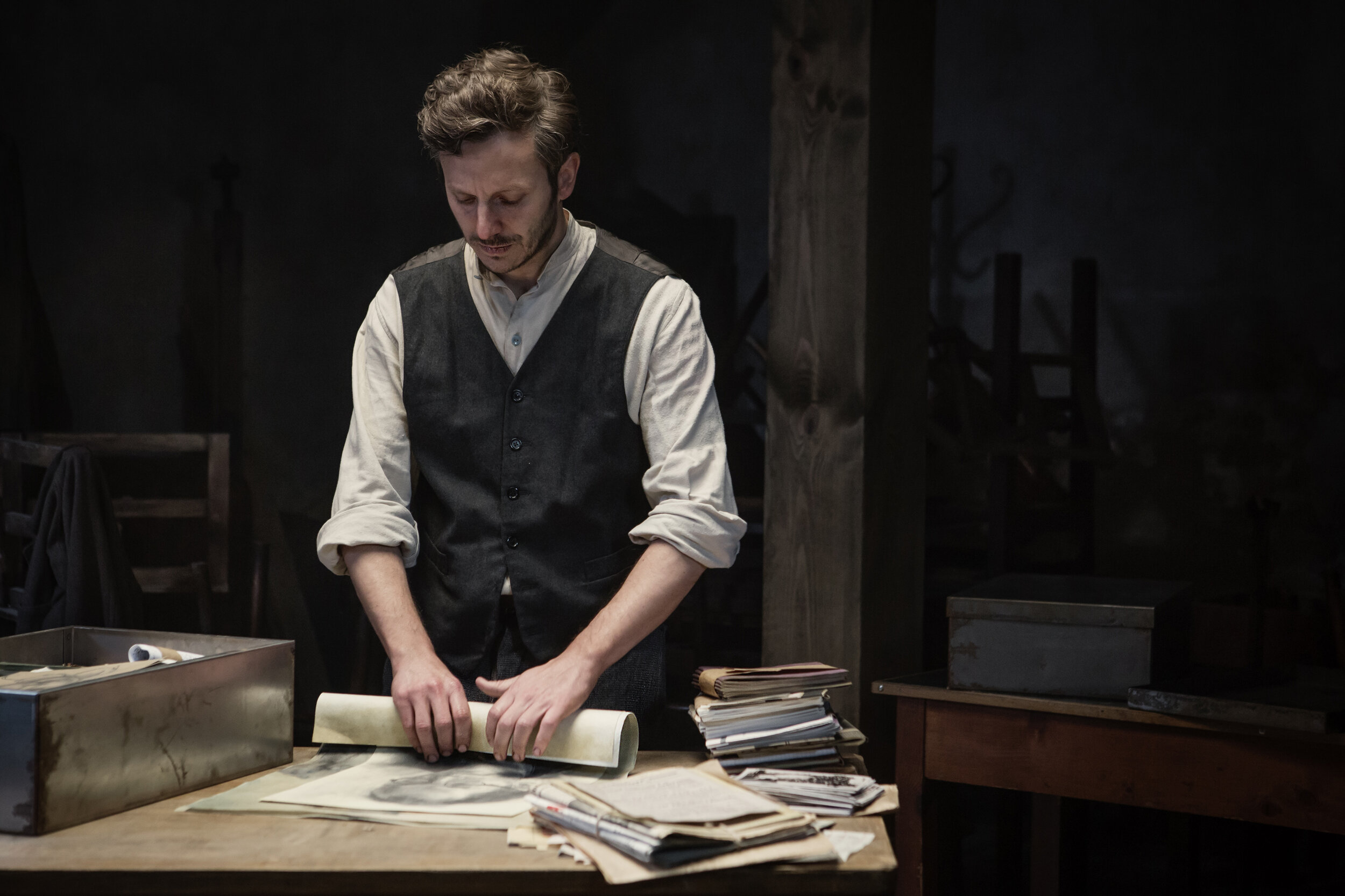“The most important unknown story of the Holocaust”
“The life of every Jew during this war is a world unto itself.”
So wrote historian Dr. Emanuel Ringelblum, founder of the Oyneg Shabes, an archive of documents and writings created clandestinely by Jews in the Warsaw Ghetto from 1940–1943 and considered to be the most important cache of eyewitness accounts of the Holocaust to survive the war.
Led by Ringelblum, a group of journalists, scholars, and community leaders in the Warsaw Ghetto vowed to defeat Nazi lies and propaganda not with guns or fists but with pen and paper. By recounting their experiences as they happened, from their perspective as Jews during World War II, these courageous souls were both bearing witness to themselves and risking their lives.
“I do not know who of our group will survive…but one thing is clear to all of us. Our toils and tribulations, our devotion and constant terror have not been in vain,” Ringelblum wrote.
As trains deported them to the gas chambers of Treblinka and the Ghetto burned to the ground, members of the Oyneg Shabes buried 60,000 pages of documentation in the hopes that the archive would survive the war, even if they did not, according to the film Who Will Write Our History, a feature documentary that tells the story of the archive and those who created it.
Of the approximately sixty individuals involved in creating the archive, only three survived; and only one of those three individuals knew where it was buried.
Film director Roberta Grossman declares the efforts of the Oyneg Shabes archivists to “scream the truth to the world” to be “the most important unknown story of the Holocaust.”
The feature documentary Who Will Write Our History blends archival and dramatic footage. “The thrust of the effort was to make the film as authentic as possible,” said filmmaker Roberta Grossman during a post-screening panel at the 92nd Street Y on November 19, 2019. “The overarching goal was to give the film the gravitas of documentary with great scholars like Sam [Kassow] and then to have the emotional pull of a dramatic feature.”
“Who Will Write Our History?”
On November 19 I attended a screening of Who Will Write Our History, a documentary I first read about more than a year ago. In the two days since, my mind—and heart—have been whirling with emotions and thoughts.
As a personal historian, I was heartened by the power of contemporaneous storytelling and the value of each and every person’s experiences.
As a woman, I was inspired by writer Rachel Auerbach, who dedicated her life to the documentation of and research into the Holocaust.
As a creator, I was empowered by filmmaker Roberta Grossman, whose seven-year journey to make this documentary was spurred on by “a sense of personal responsibility to tell a story that would otherwise remain untold.”
As a human, I am humbled and grateful to Dr. Ringelblum and his cohorts for remaining in the Ghetto with the express purpose of documenting the reality of life under Nazi occupation. “We can’t all run away,” he wrote.
The Oyneg Shabes “was one great act of accusation,” historian David Roskies says in the film.
Photo by Anna Wloch, courtesy of Who Will Write Our History.
Here, I share some quotes that moved me, and implore you all to see this film.
As Grossman remarked upon reading Samuel Kassow’s Who Will Write Our History? Rediscovering a Hidden Archive From the Warsaw Ghetto, the book which inspired her film: “I had spent my life voraciously reading about the Holocaust. How was it possible that the equivalent of the Dead Sea Scrolls rising from the rubble of the Ghetto had remained largely unknown outside of academic circles?” Indeed.
Indeed.
Further reading
See the film Who Will Write Our History.
Watch a video of the post-screening panel at the 92nd Street Y with filmmaker Roberta Grossman, producer Nancy Spielberg, and historian and author Samuel Kassow, with CNN journalist Dana Bash moderating.
The filmmakers have released an educational version of the documentary appropriate for younger audiences, along with a rich array of teaching resources—which, I might add, are wonderful for anyone interested in the film, not just students: Check out the guided questions and handouts for watching the film, as well as activities for dealing with the idea of “Countering the Single Story.”
Explore the Ringelblum Archive via Yad Vashem.



